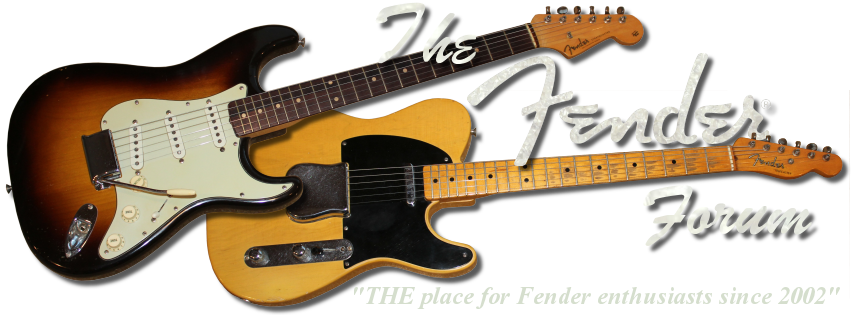I think I've finally settled on the speaker cabinet I will be building next. It will be a 4 x 10" (guitar not bass) cabinet based on the dimensions of a Super Reverb. I will use it exclusively with 4ohm amplifiers. So my choices are to buy four 16 ohm speakers and wire them in parallel, or four 4 ohm speakers wired in series-parallel. I am looking at four Jensen Alnico's or a combination of 2 alnico's and 2 ceramics (possibly WGS). I haven't decided on open back or closed back, but I will probably try it both ways before permanently installing a jack.
Is there anything else I should consider? The amps I will be using will be 50 to 60 watts RMS output.




 Reply With Quote
Reply With Quote




